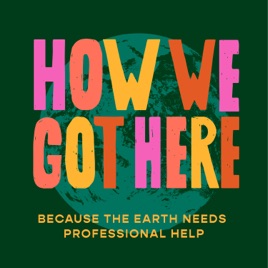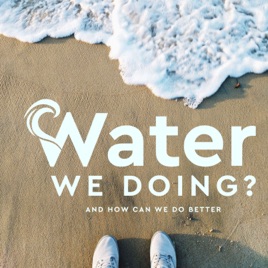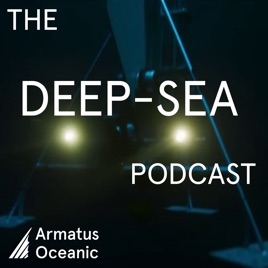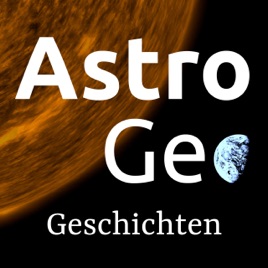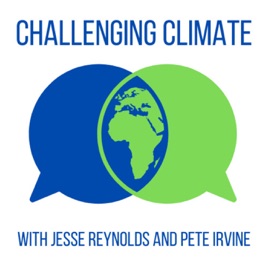
Advertise on podcast: Challenging Climate
Description
Asking tough questions about the science, technology, and politics of climate change, two climate researchers challenge leading experts on one of the defining issues of our age. Every two weeks, they explore how we can fight global warming by cutting greenhouse gas emissions, carbon removal, adaptation and solar geoengineering. Dr. Jesse Reynolds and Dr. Pete Irvine consider the roles of computer models and persuasive narratives, economics and public policy, and renewable energy and national security in the climate debate, and look beyond to issues such as biotechnology and international development. Support us at Patreon. Questions or comments? Email info@challengingclimate.org or tweet @ChalClimate See more information on Jesse Reynolds and Pete Irvine. Subscribe for email updates. music by Peter Danilchuk @clambgramb (IG/Twitter).
Podcast episodes
Check latest episodes from Challenging Climate podcast
Podcast reviews
Read Challenging Climate podcast reviews
Podcast sponsorship advertising
Start advertising on Challenging Climate & sponsor relevant audience podcasts
You may also like these earth sciences Podcasts
